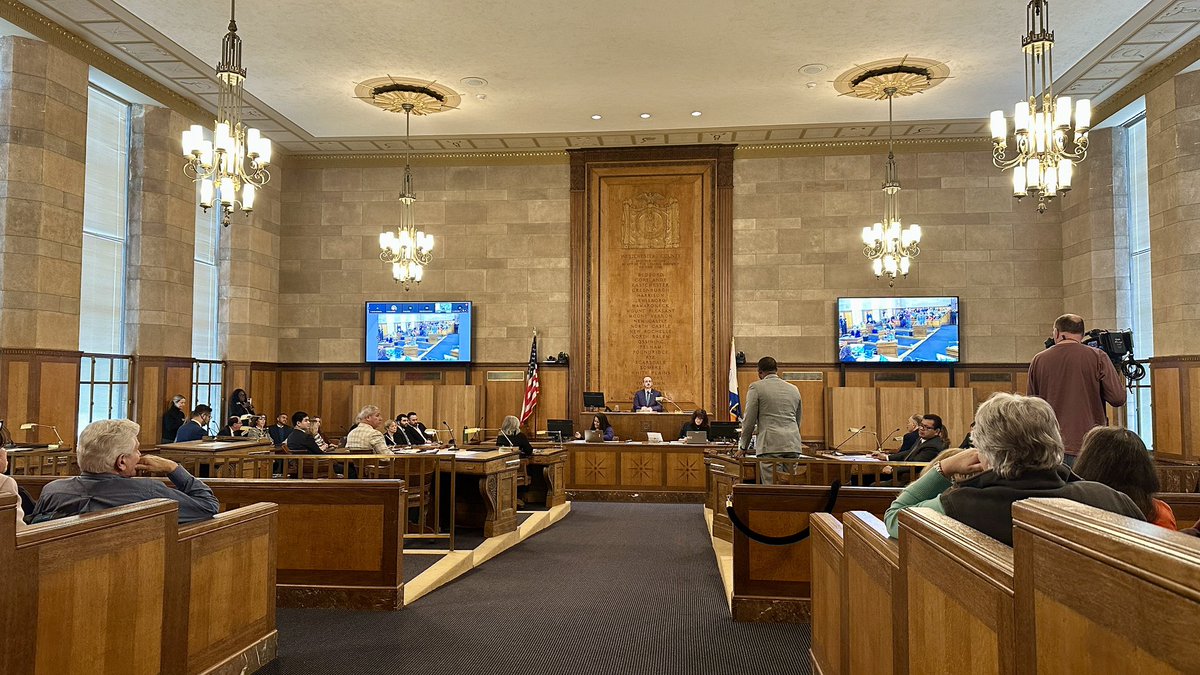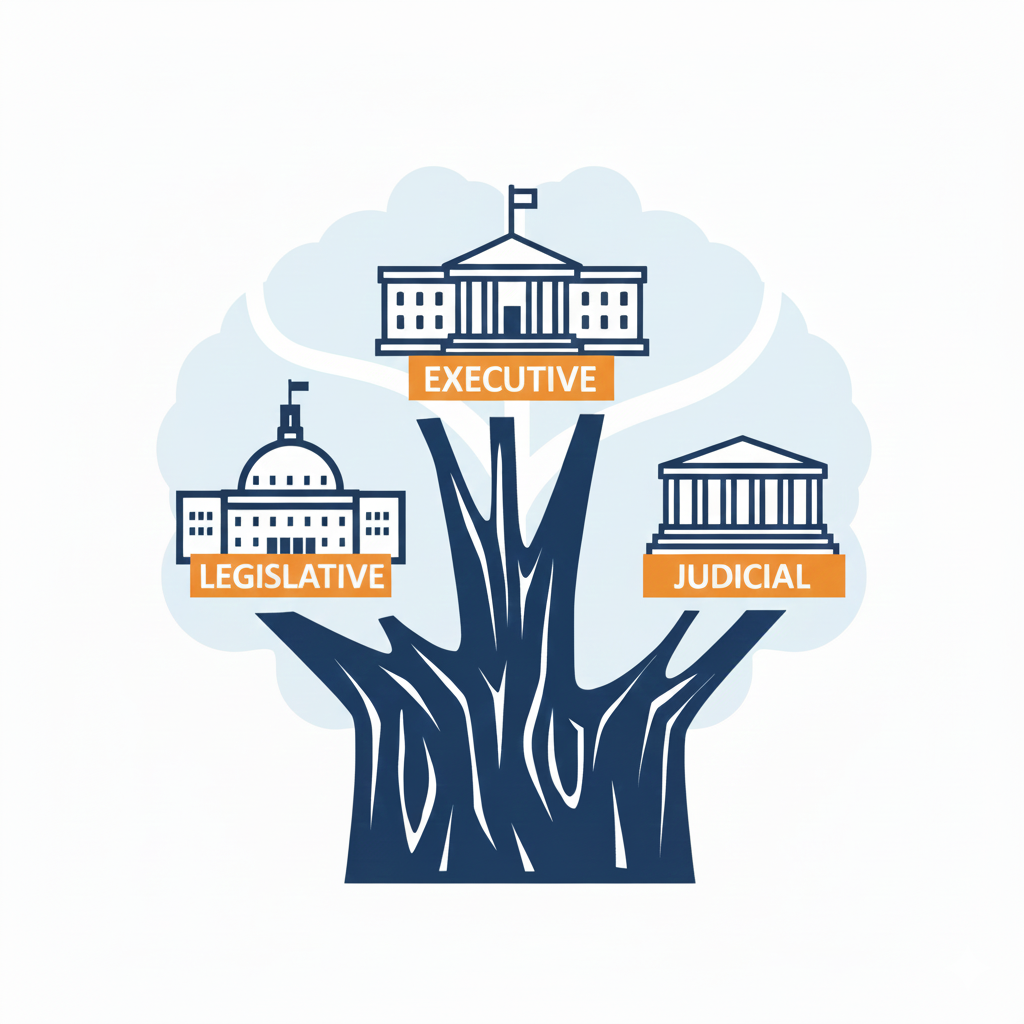About the Westchester County Board of Legislators
The Westchester County Board of Legislators is the County’s legislative and policy-making body. It has served Westchester residents - under various forms of government - for more than 300 years.
The Board plays a role similar to that of the U.S. Congress at the federal level, creating laws, approving the County budget, and providing oversight of county government operations.

Board Composition
Unlike the U.S. Congress, which has two chambers, Westchester County has a unicameral legislature, meaning it operates with one legislative body.
Legislators must reside in the district they represent.
17
Elected countywide to represent Westchester residents
2
Each legislator serves a two-year elected term
1
Westchester County has a unicameral legislature
≈59K
Each legislator represents approximately 59,000 residents
Powers & Responsibilities
The Board’s authority is defined by the Westchester County Charter. Key responsibilities include:
-
Financial Oversight
- Appropriating county funds
- Approving the annual budget
- Levying taxes
-
Legislative Authority
- Passing local laws, acts, and resolutions
- Approving appointments made by the County Executive
Most legislation requires nine votes to pass
Bond acts require twelve votes
Once approved by the Board, laws and acts are sent to the County Executive for signature or disapproval
A veto may be overridden by a two-thirds vote of the Board
Role of the County Government
Read the full informational PDF for historical background, budget details, and service breakdowns.
The Committee System
The Board of Legislators carries out much of its work through a committee system. Each committee focuses on a specific policy area and reviews legislation before it is considered by the full Board.
For example, legislation involving bond acts must first be reviewed by the Committee on Budget & Appropriations before advancing to a full Board vote.
How Committees Are Formed
-
Committee members and chairs are appointed by the Chair of the Board
-
Every legislator serves on at least one committee
Why Committees Matter
Committees play a critical role in shaping legislation and ensuring informed decision-making before proposals reach the full Board.
-
Resident proposals and concerns are referred to the appropriate committee
-
Committees may invite subject-matter experts, County officials, and members of the public to participate
-
County department officials regularly attend to provide background, data, and technical insight
-
Committees collaborate with County departments to address complex issues and enhance quality of life in Westchester County
Public Access
All committee meetings are open to the public, offering residents the opportunity to observe discussions and stay informed about legislative issues under consideration.
Checks and Balances

Board Approval
Legislature Acts
Legislation is approved by the Board of Legislators and sent to the County Executive.

10-Day Review Period
Executive Review
Within 10 days, the County Executive may:
- Sign the legislation into law
- Return it with a written veto explanation

No Action Taken
Automatic Law
If no action is taken within 10 days, the legislation automatically becomes law.

Legislative Override
Veto Override
A vetoed proposal may still become law if overridden by a two-thirds vote of the Board.
How a Proposal Becomes a Law
Ideas may come from residents, legislators, or the County Executive.
(Only legislators or the County Executive may sponsor legislation)
The proposal is placed on the Board agenda and referred to the appropriate committee(s)
Committees meet publicly to:
- Discuss benefits and costs
- Question county officials
- Hear public input
The County Law Department reviews the proposal and may revise it
The Board may:
- Approve the proposal and send it to the County Executive
- Reject it
- Refer it back to committee for revision

Get Involved with the Board of Legislators
Your voice matters. There are several ways to participate in County government, share your perspective, and stay informed about the Board’s work.
Contact Your Legislator
Sharing your ideas or concerns is an important way to influence county policy. Many laws begin with resident input.
Call (914) 995-2800 for assistance.
Attend Board Meetings
Board meetings are open to the public and provide an opportunity to observe the legislative process in action.
-
Full Board Meetings: Typically every other Monday at 7:00 PM
-
Committee Meetings: Typically held Mondays, Tuesdays or Wednesdays during the day
Speak at a Public Hearing
Public hearings allow residents to address the Board directly on items under consideration.
-
Hearings take place during the first 30 minutes of each Full Board meeting
-
Each speaker is given 3 minutes
-
Speakers must sign up in advance
Meetings & Public Access
All Board of Legislators meetings are open to the public:
-
Schedule: Full Board meetings are generally held every other Monday evening (with limited exceptions)
-
Location: Legislative Chambers
8th Floor, Michaelian Office Building

